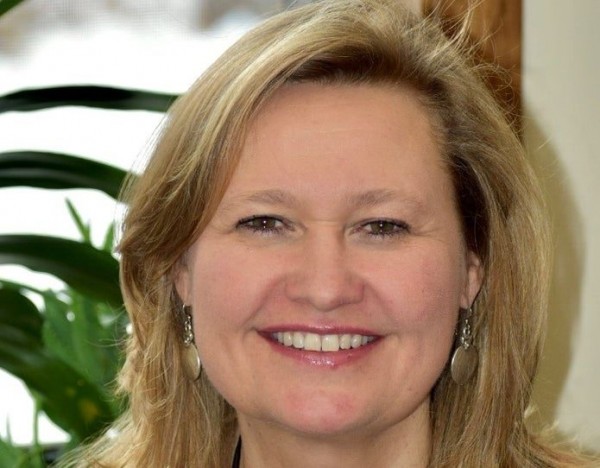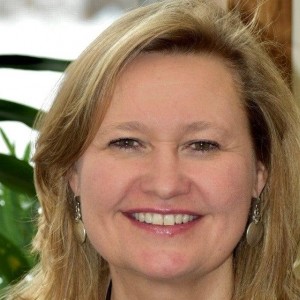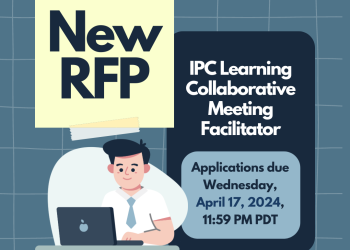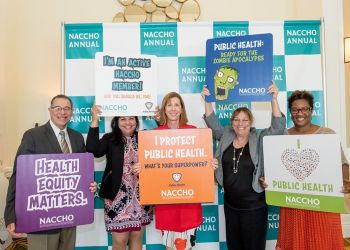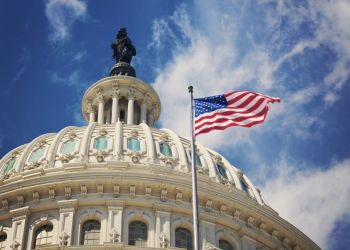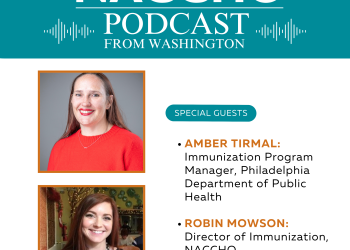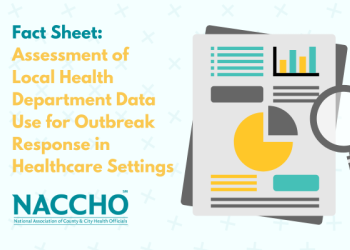Our local health departments (LHDs) are on the frontlines as our communities prepare for, respond to, and recover from a variety of public health emergencies. This year our preparedness plans have been tested like never before. In addition to COVID-19, LHDs are responding to hurricanes, wildfires, and other extreme weather events while gearing up for flu season and responding to day-to-day community needs. Having preparedness plans in place means we have a playbook from which to operate and the experience of tabletop and other exercises to draw from as a starting point in our response.
September, National Preparedness Month, is an opportunity to raise awareness about the importance of preparedness among the public. It is a time to remind our citizens of the importance of having a plan, building a kit, and preparing for disasters before they happen.
National Preparedness Month is also an opportunity for us to pause and think about how our own health departments can plan for the needs of everyone in our communities—to ensure that health equity has a place in our preparedness plans. A quarter of adults (61 million) in the United States live with a disability,1 nearly 50 million are 65 or older,2 and approximately 13 million identify as LGBT.3 How will we support those who are historically underserved planning for and recovering from emergencies? Now is the time to review and update our preparedness plans with a health equity focus to make sure they reflect the diverse needs of our communities, including the disabled, the elderly, and minority populations.
A variety of tools and resources exist to help us to understand the needs of, and incorporate, these special populations into our plans. These include:
- Capacity-Building Toolkit for Including Aging & Disability Networks in Emergency Planning
- Accessible Emergency Preparedness Videos
- Ready Now Toolkit—an emergency preparedness training program for people with disabilities
- Training Video: Emergency Planning for People with Access and Functional Needs
- Presentation Slides—Improving Equity During MCM Responses: Five Special Populations
- Preparedness Actions to Promote Economic Resilience and Recovery
- Social Vulnerability Index
- Fact Sheet: How Can LGBTQ+ Youth Navigate COVID-19?
- Native LGBTQ/Two-Spirit Toolkit
- Planning for Unaccompanied Minors in Shelter Operations
NACCHO also currently has a funding opportunity open to help LHDs address the needs of people with disabilities in COVID-19 local preparedness planning, mitigation and recovery efforts.
As the COVID-19 pandemic is illustrating, those most vulnerable among us are also most vulnerable to the disease and its negative impacts are felt throughout our communities. Reviewing, updating, and creating plans that engage and include vulnerable populations helps to ensure that our preparedness plans serve the diverse needs of our communities. It also makes these plans more universally applicable meaning they will do more than sit on a shelf—they will be actionable roadmaps that serve entire communities when the next disaster strikes.
References
- Centers for Disease Control and Prevention. (2019). Disability Impacts All of Us. Accessed September 9, 2020 from https://bit.ly/3kjRk51.
- Administration for Community Living. 2017 Profile of Older Americans. Accessed September 9, 2020 from https://acl.gov/sites/default/files/Aging%20and%20Disability%20in%20America/2017OlderAmericansProfile.pdf.
- UCLA School of Law Williams Institute. LGBT FAQs. Accessed September 9, 2020 from https://williamsinstitute.law.ucla.edu/quick-facts/lgbt-faqs/.
